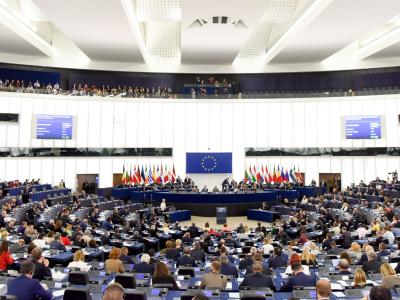
Implementing the Agenda for Change: An independent analysis of the 11th EDF national programming (key findings)
This brief – based on a longer paper – is also available in French.
Key messages
The 11th EDF programming exercise is a critical test of the ability of the EU’s external action structure and current development policy (the Agenda for Change) to achieve high impact aid. Moreover, the 11th EDF will unfold in a changed post-2015 context and its assessment will provide important lessons for future ACP-EU relationship beyond 2020.
The EU has ensured the effective translation into practice of two key policy commitments, namely a more focused strategy for less developed countries (LDCs) and low-income countries (LICs), and the concentration of EU aid on a limited number of sectors and policy priorities. The high degree of compliance was achieved through top-level support and tight control from headquarters.
In many countries, initial programming proposals based on in-country consultations, were superseded by HQ choices. Although the 11th EDF is closely aligned with national development plans, there is evidence that a top-down approach to programming has led to a significant erosion of key aid and development effectiveness principles, in particular country ownership.




